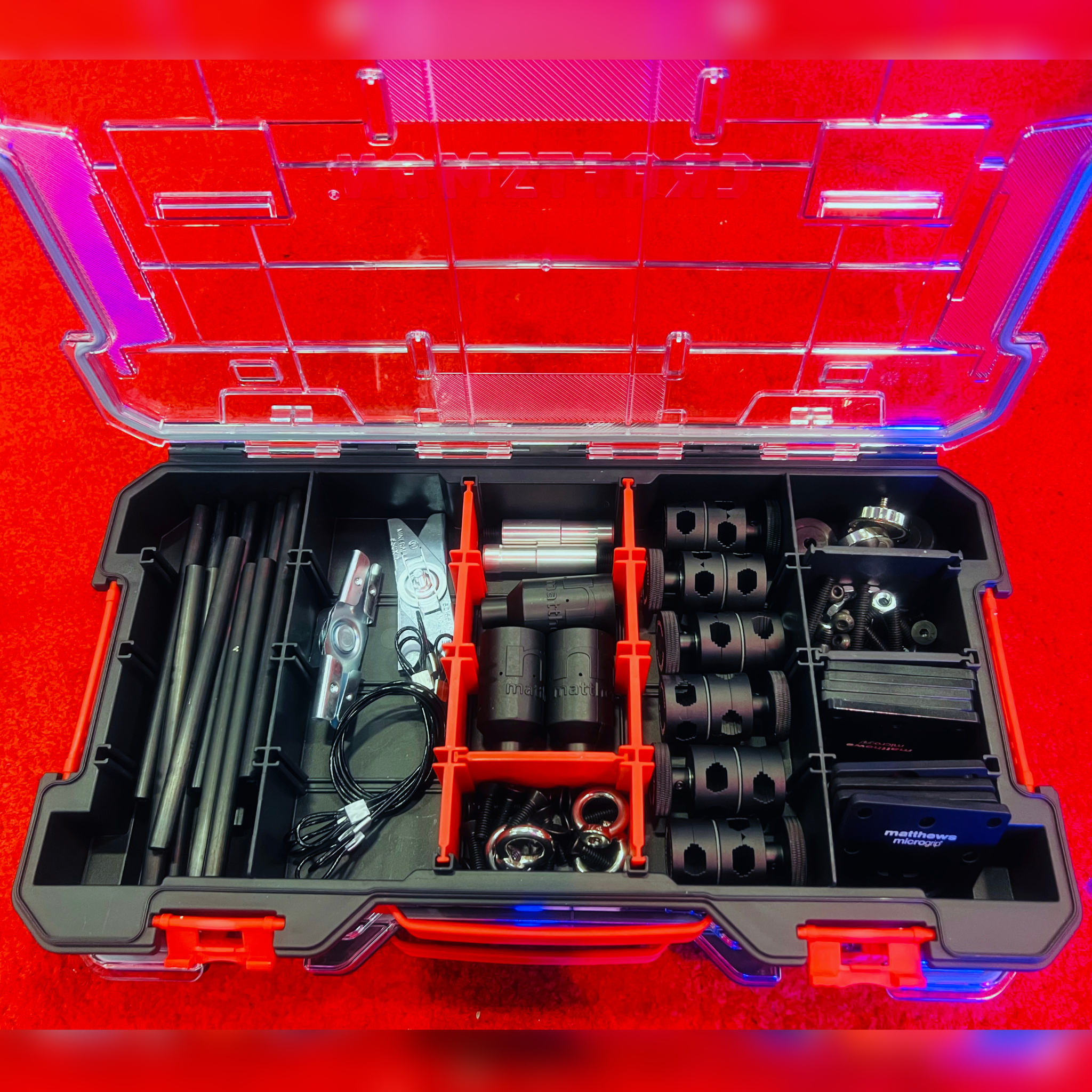Keep the Chains Handy Mr. Goodmon
LEAWOOD, Kan.—A few years ago at the ATSC Annual Meeting in Washington, D.C., a reporter asked a simple question to James (“Jimmy”) Goodmon Jr., now president and COO of Capitol Broadcasting Company, during a panel discussion on the impending TV spectrum repack.
“What’s your repack strategy?” the reporter inquired. “To chain myself to my tower,” Goodmon retorted, winning nods of approval and laughter from many in the audience.
After attending a breakfast sponsored by Palo Alto, Calif.-based law firm Cooley LLP at the 2019 NAB Show, I have one piece of advice for Goodmon and other broadcasters interested in maintaining their over-the-air TV service: Keep the chains handy.
During the event, former FCC Commissioner Robert McDowell, now a partner with the law firm, conducted a one-on-one interview with current FCC Commissioner Michael O’Rielly.
The commissioner, who has demonstrated an interest in TV broadcasters over the years—warning the industry not to fence sit with regards to 3.0 at last year’s ATSC Annual Meeting, visiting Phoenix to view Next Gen TV up close and personal in the Pearl TV-led 3.0 model market and proposing to ease what many see as antiquated children’s TV rules—warned TV broadcasters that he sees another voluntary incentive auction of TV spectrum at some indefinite point in the future.
It’s one thing to hear broadcasters, vendors, consultants, industry advocates, pundits and others speculate about the prospect of another auction; it’s entirely another thing to have an FCC commissioner relay such a warning.
To be clear, O’Rielly did not say that another incentive auction is scheduled, or even planned, but rather that he’s had a sense since his earliest days at the agency as a commissioner that another auction will occur sometime in the future.
Good news, perhaps, for the 858 TV stations that unsuccessfully bid in the reverse auction and were willing to go off air or share a channel for a slice of the pie.
But for those who wish to remain, continue serving their local markets and maybe one day soon begin pursuing new revenue opportunities made possible by 3.0, it’s hard to see the silver lining, even if a new incentive auction is “voluntary.”
Sure, neither Congress nor the FCC held a gun to the heads of broadcasters to participate in the first voluntary incentive auction. But there were many other individuals and parties who didn’t volunteer to be part of the process but have been forced to respond nonetheless.
The most obvious are the repacked TV broadcasters, who didn’t volunteer to change channel assignments and endure the disruptions that is causing. Nor did the broadcasters who didn’t change channel assignments but had to engage in tower work to accommodate the real estate requirements of repacked tower mates. Ditto FM broadcasters.
Then there were the transmitter manufacturers and other RF vendors that held on by their fingernails or actually closed up shop when the FCC shut the construction permit window while it took years to set up the auction. Those companies didn’t volunteer for the pain. Nor have the OTA TV viewers who have been or will be required to rescan—in some instances multiple times—to find the repacked channels they wish to watch.
Maybe when the next voluntary incentive auction comes along things will be different, and broadcasters will be in the business of wireless delivery of IP packets.
Maybe Congress and regulators will recognize broadcasters as a vital part of next-generation broadband service, a valued part of a National Broadband Plan 2.0. Maybe broadcasters will even be given the chance to bid on their own spectrum, allowing them to disengage from other takeaways. In lieu of that, take a page from Goodmon’s book. Keep the chains handy.
Get the TV Tech Newsletter
The professional video industry's #1 source for news, trends and product and tech information. Sign up below.
Phil Kurz is a contributing editor to TV Tech. He has written about TV and video technology for more than 30 years and served as editor of three leading industry magazines. He earned a Bachelor of Journalism and a Master’s Degree in Journalism from the University of Missouri-Columbia School of Journalism.

